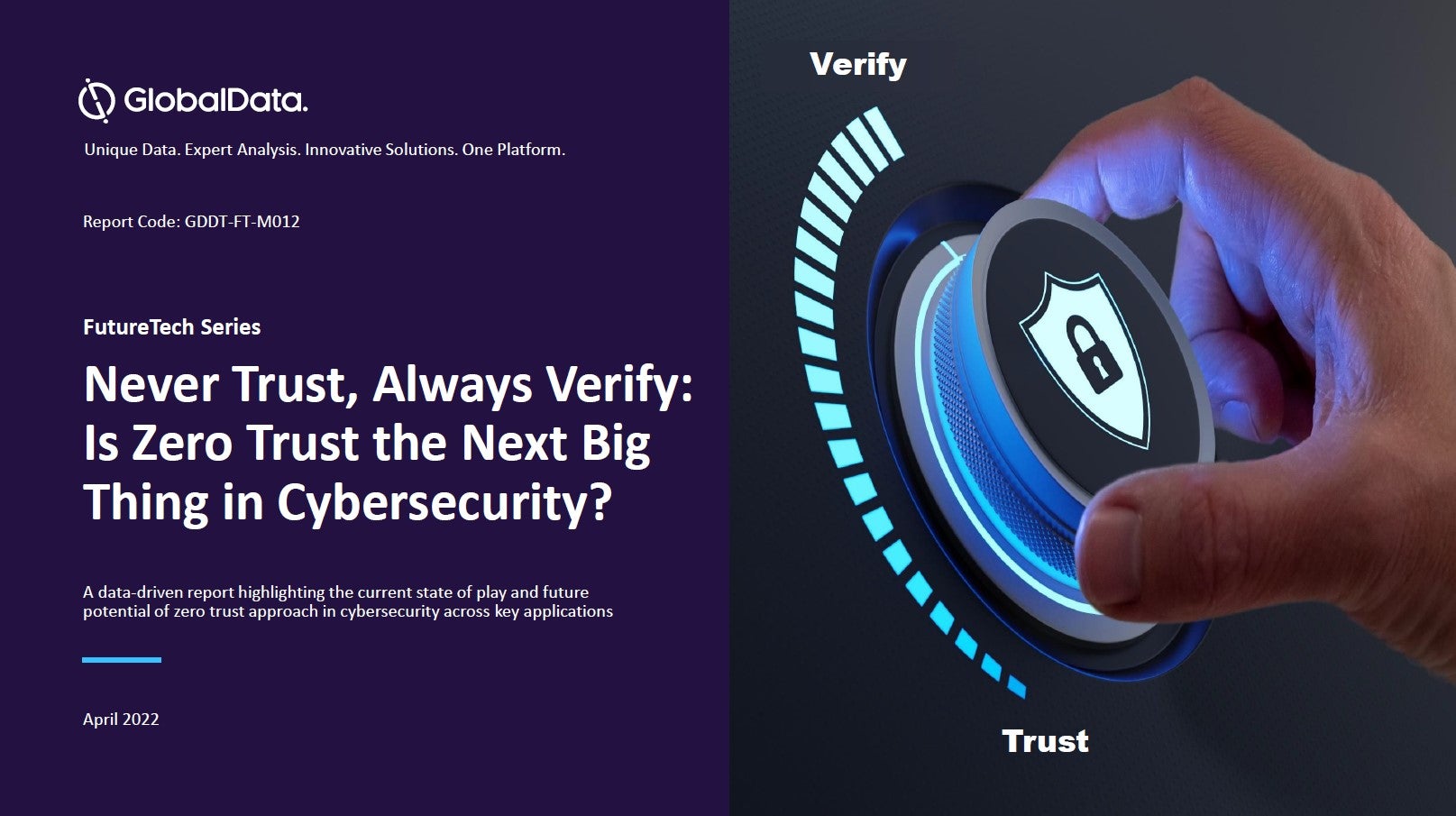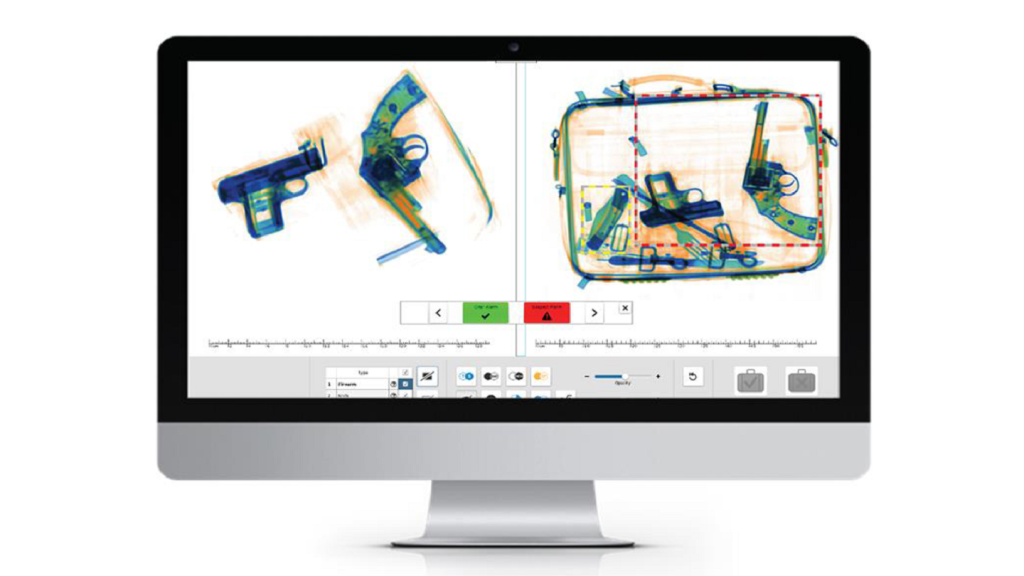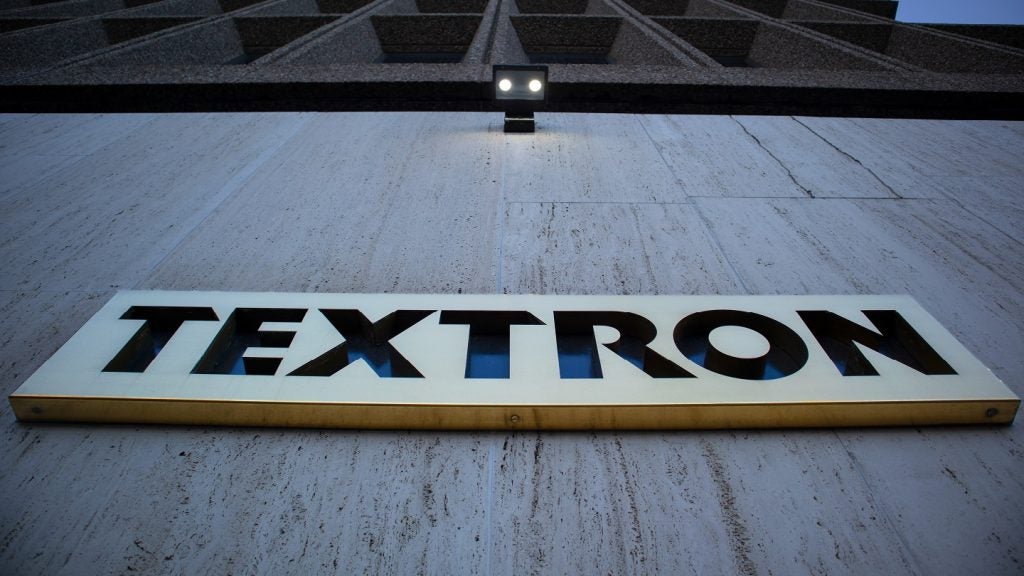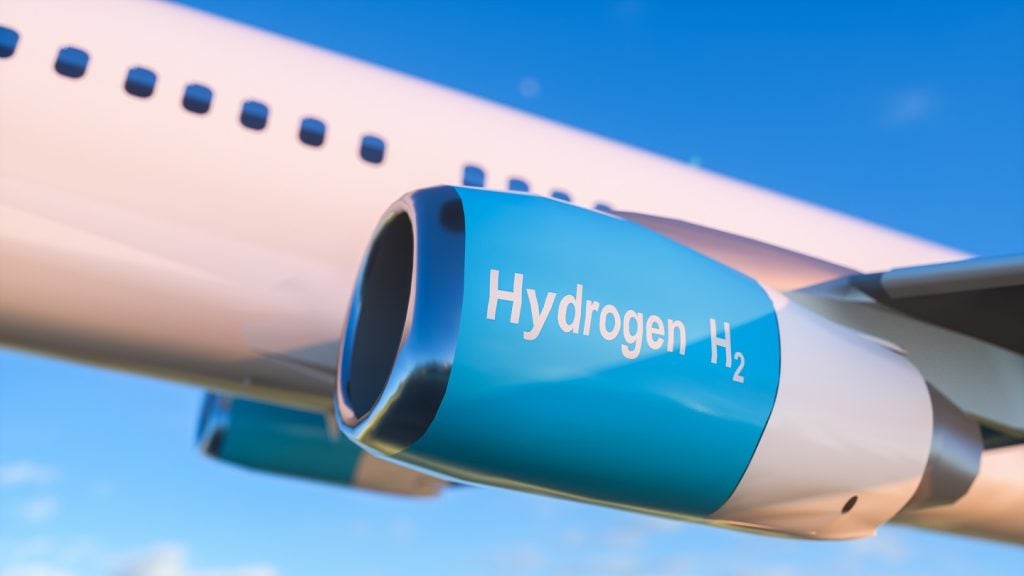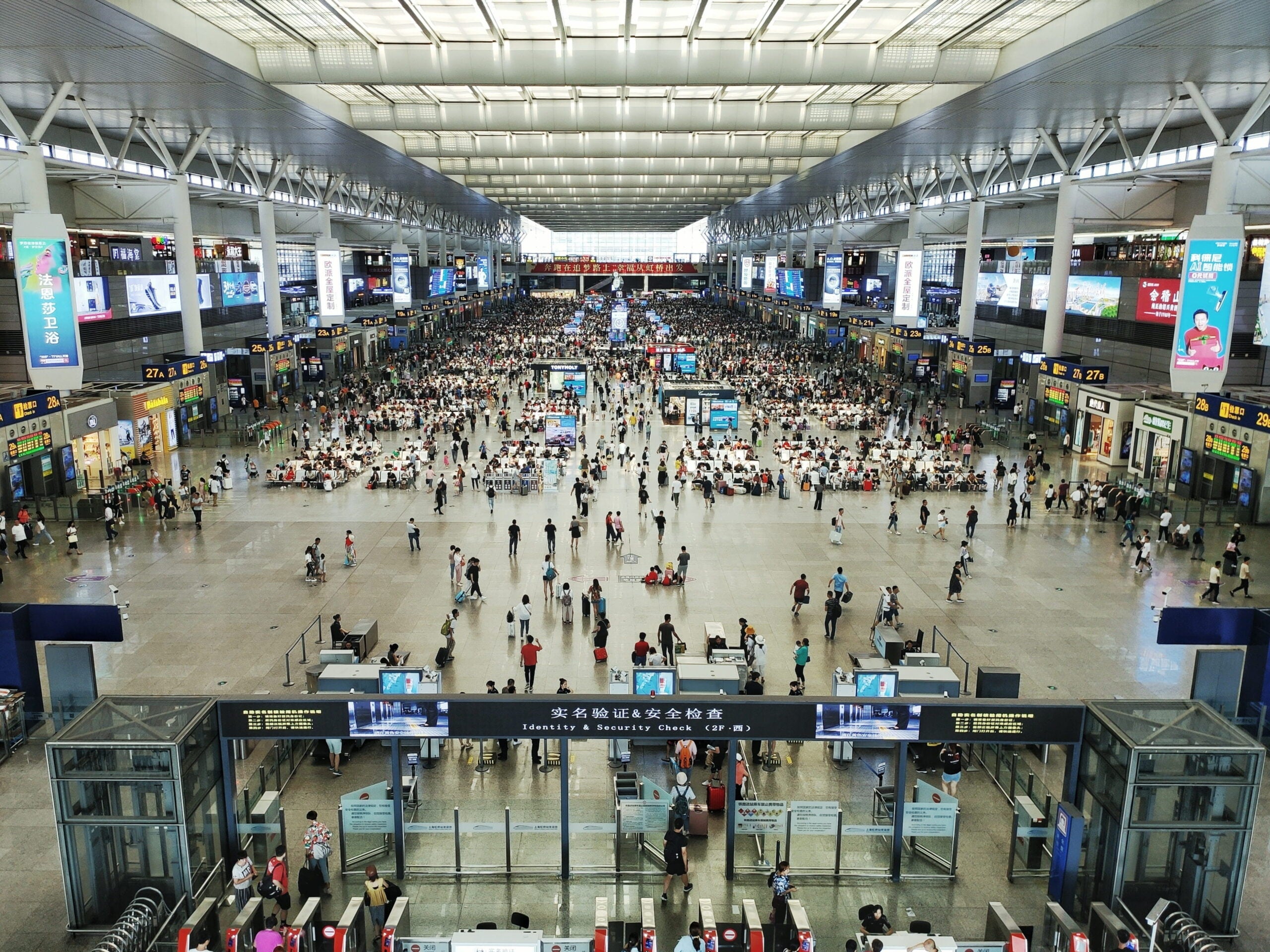
Andy Gent is the CEO and founder of Revector, a British company specialised in mobile phone fraud detection and elimination. In existence since 2001, the company has been focusing on anti-fraud solutions since 2006. In recent times it has also branched out to Revenue Protection services for mobile operators and tracking down the digital signals of mobile phones coming through prisons and airports.
As the aviation industry picks itself up after a disastrous year, security is back on top of the agenda. Here, Gent discusses the importance of tracking devices in the age of digitalisation.
How well do you really know your competitors?
Access the most comprehensive Company Profiles on the market, powered by GlobalData. Save hours of research. Gain competitive edge.

Thank you!
Your download email will arrive shortly
Not ready to buy yet? Download a free sample
We are confident about the unique quality of our Company Profiles. However, we want you to make the most beneficial decision for your business, so we offer a free sample that you can download by submitting the below form
By GlobalDataAdele Berti: What does your signal monitoring technology offer the aviation industry?
Andy Gent: Over the last eight years we’ve been looking at digital signatures. In layperson’s terms, that means that digital signals are coming out of every phone, iPad, device or even car – whether these are [in the form of] Global System for Mobile Communications (GSM), 4G, 5G, Bluetooth or Wi-Fi. The position we are in now is allowing us to take that and build devices that can go into prisons or airports, as well as search down phones and devices.
In the aviation industry, we’re starting to look at monitoring the traffic going through airports. To clarify, there are two existing types of monitoring; there is passive monitoring where your phone is giving off information all the time, such as from Wi-Fi, Bluetooth and GSM, and then there is active monitoring where you’ve got to have legal approval to capture devices or capture the information on devices.
Our work is on the passive side. Our philosophy is that devices can give extra information to the information that’s already passing through an airport, such as security checks, passport control, facial recognition etc. So, picking up other information [from devices] can give a full picture of what’s going on within the airport.
 Revector CEO and founder Andy Gent.
Revector CEO and founder Andy Gent.
AB: What information are airports looking to monitor?
AG: It’s not exactly monitoring, it’s more that we can look at information gathering. For example, if you have a device coming into an airport by getting off the plane, it could be registered as such and you could see that it’s tracked through customs and going out through the front door, and then get into a taxi.
So, you can say there’s a complete history, and it could be linked for instance to a passport or facial recognition and then that can be used in a different number of ways. And obviously [these can include] whether somebody is moving through the airport correctly, or something is being left in a certain place, or something not being completed.
AB: What kind of security threats and fraud are airports and their customers typically exposed to?
AG: There are two areas you can look into: the obvious way in fraud is people getting phones stolen and using them to buy tickets and such, and an airport is a very good hub to steal phones. This is the fraud side, but if you then go on to the security side, tracking such devices and linking them to passports releasing information for a short period of time is quite important.
This would allow to [focus on] threats towards airports, wherever they’re a political threat or actions groups as well as terrorism. So, the more information you’ve got, the more information you can use to find out what’s going on within an environment.
AB: Are passengers aware of their phones being tracked, or do they just accept that while going through an airport these activities are taking place?
AG: I think that, at this point, people are aware that something is going on. You go through an airport and you get your passport checked and [you go through] facial recognition so if there’s information emanating from yourself [the same goes for] mobile devices, so it’s just like sitting in a coffee house that could be monitoring when customers come in and out. It’s the same for supermarkets, malls and airports. We’re leaving it to the operators to let people know what the situation will be in the future.
AB: The Covid-19 pandemic is expected to catalyse a shift towards more digital contactless technologies. Do you expect more or different types of security threats to arise?
AG: I [always say that] fraud is like a joke invented 20 years ago which comes back [every now and again] with a different tilt to it but it’s always the same joke. The same goes for security. There were such monitoring systems before, there are now new monitors allowing people to see devices going through a place. But with passport control and credit cards online, I think this is all getting better.
AB: The introduction of technologies like artificial intelligence and machine learning to airport operations is expected to create significant change. What’s your take on them?
AG: Back in 1980, a chip with 256 bytes on was [considered] good, and now chips are gigabytes. It was the same in 1999 when I ran the internet business in Kuwait – all of the internet there was with 16 megabytes for all of my customers, you now get the same from each house.
So that’s a growth in data. The same goes with databases, so we’re going to have larger databases with more information, and then AI will definitely be needed to help distinguish customers going through an airport and their habits.
AB: Any plans for the future?
AG: We’ve recently started building devices to provide information about devices in a certain area. We’re now looking at building these onto drones for things like mountain rescue or wildlife conservation to track where people are. And I see more of that coming in, linked with all the other developments in technology.


